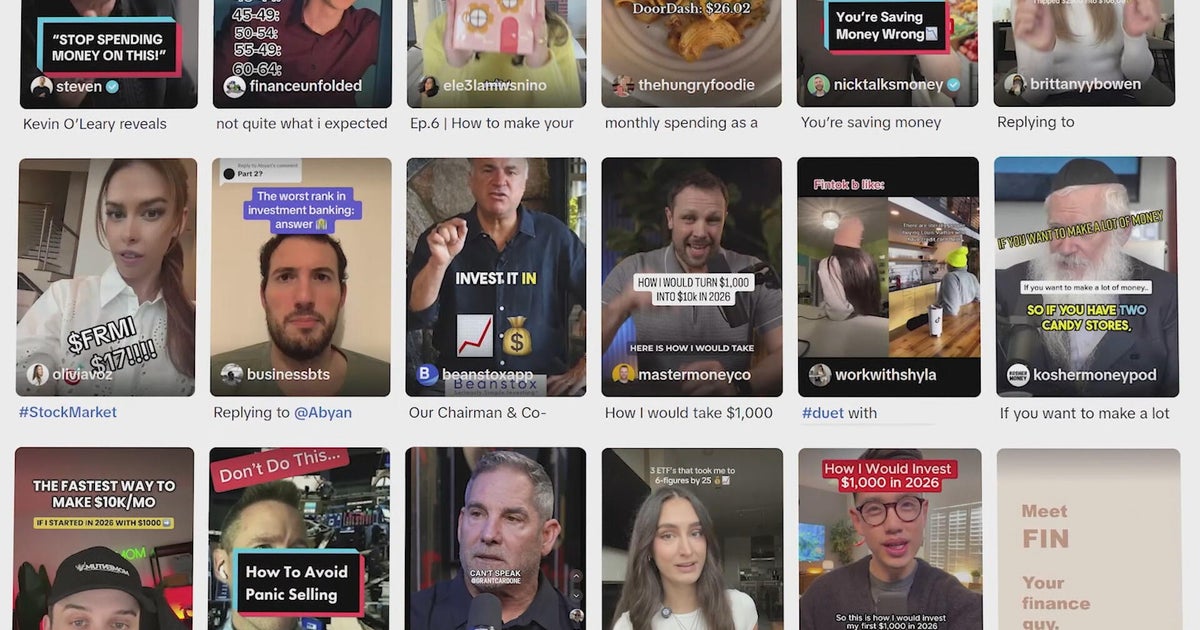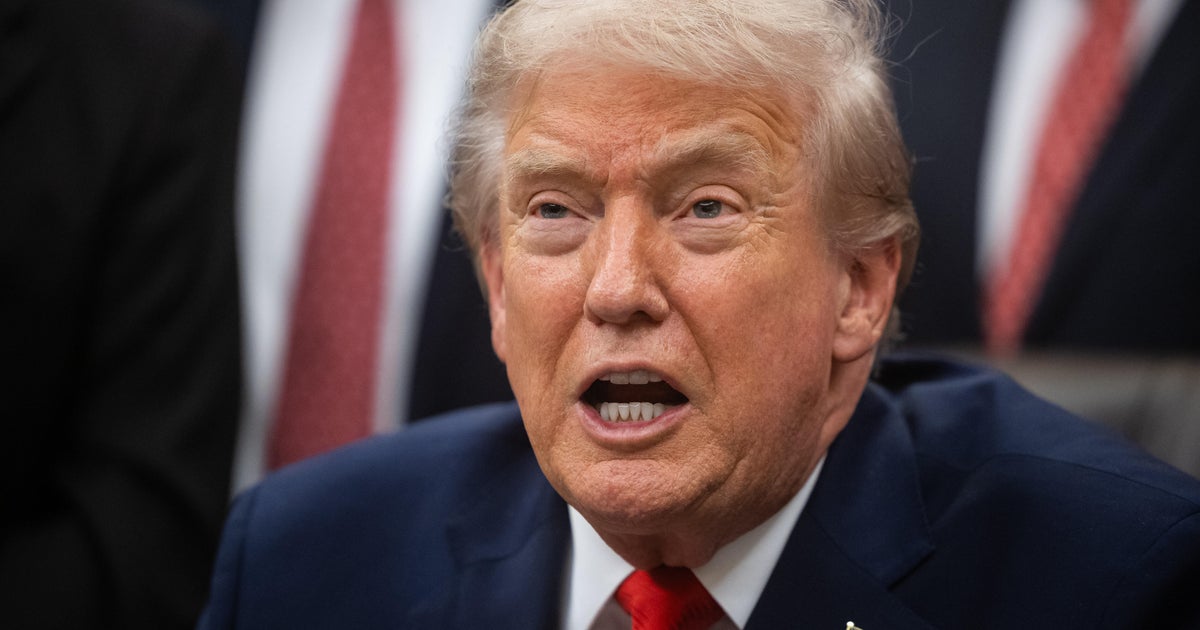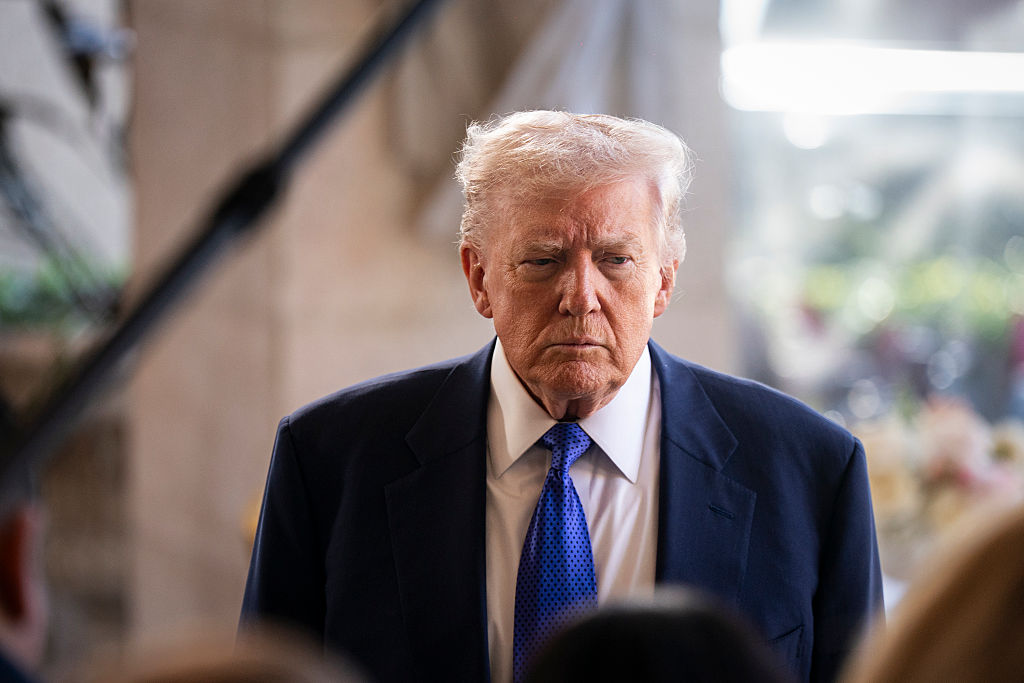Snapchat permanently bans Trump from its platform
Along with other popular social media platforms, Snap last week temporarily banned President Trump from its platform. The company is now blocking Mr. Trump's Snapchat account for good.
"In the interest of public safety, and based on his attempts to spread misinformation, hate speech and incite violence, which are clear violations of our guidelines, we have made the decision to permanently terminate his account," Snap said in a statement.
The violent breach of the Capitol on January 6 by a mob of supporters of Mr. Trump, in which five people died, has led social media companies to examine their role in the spread of election falsehoods and other misinformation by the president and his administration.
Snapchat, a messaging app that lets users post photos, videos and messages that appear momentarily before being made inaccessible, said it stopped promoting Mr. Trump's account in June after he continued to post what the company described as dangerous rhetoric inciting violence and hate. Users at the time could still view the president's "snaps," but only if they searched for, or subscribed to, the president's account, which remained active.
Mr. Trump has since continued to violate Snapchat's guidelines dozens of times, according to the company. Snapchat, which has roughly 250 million daily users according to company data, said it removed each post and sent warnings to the president's social media team.
The company said it is worried about being a conduit for spreading misinformation mainly because the platform's news feed is unmoderated, meaning anyone can broadcast falsehoods to a wide audience. Closing Mr. Trump's account was in the long-term interest of all Snapchat users, the company said.
The Trump campaign did not respond to requests for comment on Thursday.
Cut off from social media
Mr. Trump has lost access to the nation's leading social media platforms in the final days of his presidency, including Facebook, Instagram, Twitter and YouTube.
Facebook CEO Mark Zuckerberg said its block on Mr. Trump's account would remain in place through the end of the president's term — and potentially indefinitely. The restrictions include use of Instagram, which is owned by Facebook.
YouTube said this week that it had removed content from Mr. Trump's channel and that it has banned him from uploading any new videos or livestreams for at least a week. User comments on the president's channel have also been banned indefinitely by YouTube.
In a series of tweets Wednesday, Twitter CEO Jack Dorsey said that banning Mr. Trump was the right decision, while acknowledging that doing so deals a blow to free speech. Mr. Trump had amassed nearly 90 million followers on his @realdonaldtrump Twitter account just before the ban.
"Having to take these actions fragment the public conversation," Dorsey tweeted. "They divide us. They limit the potential for clarification, redemption, and learning and sets a precedent I feel is dangerous: the power an individual or corporation has over a part of the global public conversation."
Some experts said major social media players' efforts to tamp down on misinformation will have an impact, but are unlikely to stamp out the conspiracy theories and hate that have run rampant on the internet.
"We're going to see less opportunity to radicalize new people" on mainstream platforms, Kate Starbird, a leading misinformation expert at the University of Washington told the Associated Press. "But for those who are already radicalized, or already down the rabbit hole with conspiracy theories, this might not make a difference if the places they go become echo chambers."



